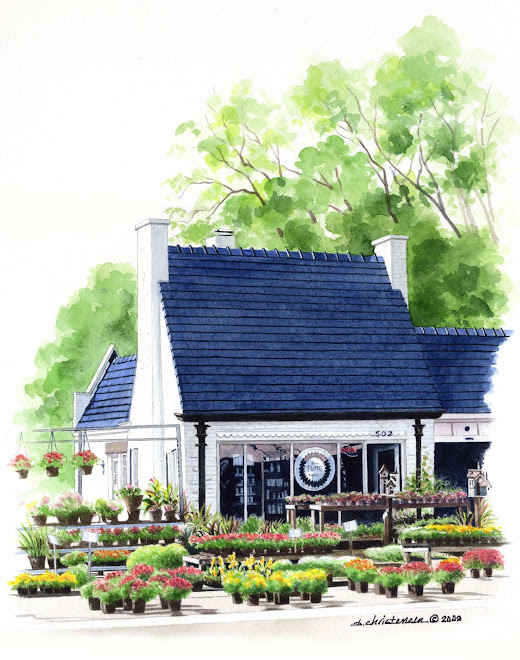

It is harvest time for cold vegetable crops and those of us that were lucky enough to get them in are reaping the benefits! Craig and I have enjoyed numerous salads, coleslaw, fried potatoes & Kohlrabi, sweet peas, radishes, onions, and more! We save time, money, and have the freshest most nutritional food available to us. I've included some information on a few cold weather crops that you may be growing that I found on the Illinois Extension website that I thought I would share with you below. Click on each vegetable photo -below- to get informed.
Now is also the time for earwigs, slugs, worms, moths and other pest that are finding your veggies just as enjoyable as you are. We use Sluggo for slugs and Concern Diatomaceous Earth (DE) for other pest( both 100% organic & available at the shop) to stop our attackers. One can also pour a small amount of beer in a lid and place it ground level next to the affected plant and slugs will choose that over the plant and meet a fate of drowning.
As you harvest your cold weather crops, replace them with more vegetable plants or seeds. We carry Seeds Savers Exchange seeds and sell certified organic plants for you to replenish your garden with new vegetables. Onions can be planted all season while the ground can be worked and harvested green for stir fries and salads. Beets, radishes, carrots, beans, and more can be planted where cold crops once stood. There is no limit to what can be planted even in our Zone 5.
Now is a good time to fertilize your vegetable crops. Craig and I use Neptune's Harvest - available at our shop. We have found that it makes very healthy vegetable plants that are resistant to diseases. We also routinely fertilize with Espoma's Garden Tone, Tomato Tone, or Green Sand. All of these products are available at our shop. We use them and we recommend them.

And finally, we fight aphids, mites, and more with live lady bugs (available at our shop). Lady bugs are beneficial insects that feed on harmful insects that prey on all of your plants. Lady bugs must be released at dusk so that they don't fly away in the day light. Release them near your infected plants and they will feed nonstop until your plants are free of these nasty little pest. We provide a lady bug house so that our lady bugs have shelter on cool nights and winter.
Garden & enjoy!
Annette















































No comments:
Post a Comment